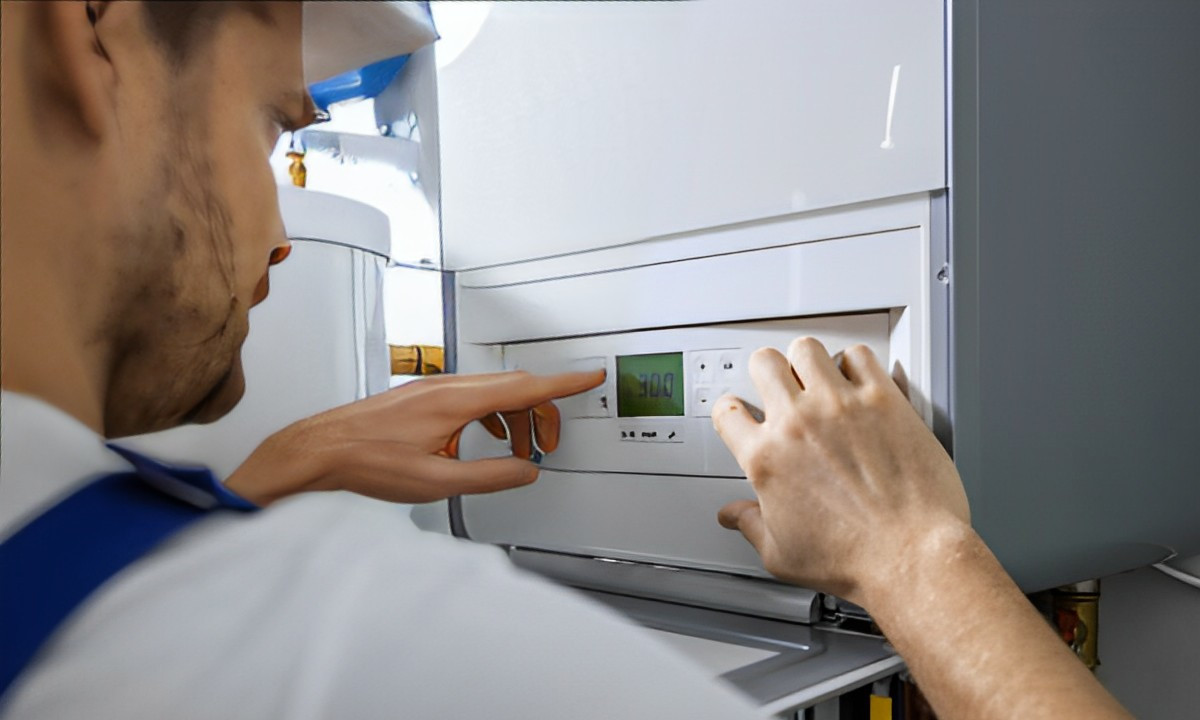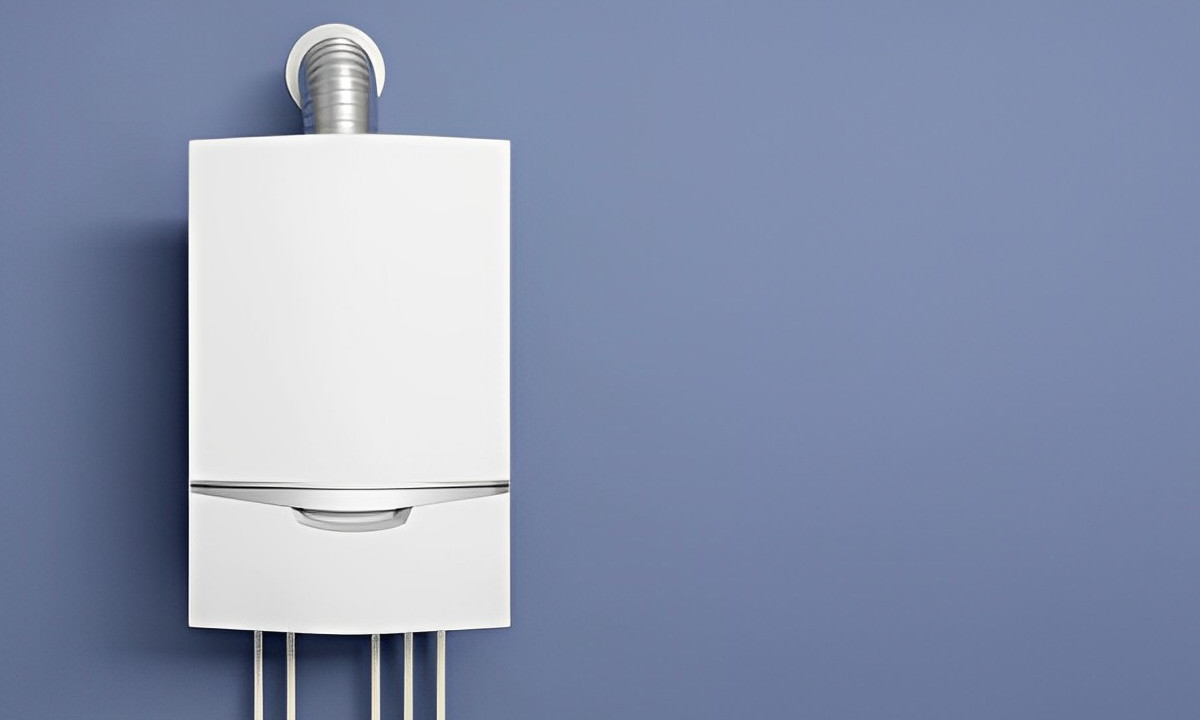Top 10 Boiler Maintenance Tips for Combi, System & Heat Only Boilers
Boilers are an essential part of most homes, providing hot water for showers, baths, and central heating. However, like any other household appliance, boilers require regular maintenance to ensure they function efficiently and reliably. Neglecting boiler maintenance can result in reduced performance, increased energy bills, and even breakdowns, which can be inconvenient and costly to repair. In this article, we will provide you with SEO optimized boiler maintenance tips for combi, system, and heat-only boilers to help you keep your boiler running smoothly and extend its lifespan.
- Regularly Check for Leaks: Leaks can occur in boilers due to various reasons such as faulty valves, connections, or pressure relief valves. Regularly check your boiler for any signs of leaks, such as dampness or puddles around the boiler or on the floor. If you notice a leak, it’s crucial to address it promptly to prevent further damage to your boiler and property. Contact a qualified heating engineer to diagnose and fix the leak as soon as possible.
- Bleed Radiators: Air can accumulate in radiators over time, resulting in reduced efficiency and uneven heat distribution. Bleeding your radiators regularly can help release trapped air and improve the performance of your boiler. To bleed a radiator, turn off the heating system, use a radiator key to open the bleed valve, and wait until air stops hissing and water starts flowing consistently. Then, close the bleed valve securely. Remember to have a towel or container handy to catch any water that may escape during the process.
- Monitor Boiler Pressure: Most boilers operate within a specific pressure range, and low or high pressure can affect their performance. Check your boiler’s pressure gauge regularly and make sure it falls within the recommended range, usually between 1 and 1.5 bar. If the pressure is too low, you may need to top up the water using the filling loop, following the manufacturer’s instructions. If the pressure is too high, you may need to bleed some water from the system or contact a qualified heating engineer for assistance.
- Clean Boiler Components: Over time, boiler components such as heat exchangers, burners, and flues can accumulate dirt, dust, and debris, which can affect their efficiency and performance. Regularly clean these components to keep your boiler running smoothly. However, before attempting any cleaning, always refer to the manufacturer’s instructions and turn off the boiler and allow it to cool down to avoid any accidents. You may also need to use specialized cleaning products or seek professional help for thorough cleaning.
- Schedule Annual Servicing: Annual servicing is crucial for boiler maintenance as it helps detect and address any potential issues early on, preventing costly breakdowns and ensuring optimal performance. Always hire a qualified and Gas Safe registered heating engineer to service your boiler. During the service, the engineer will thoroughly inspect and clean the boiler, check for leaks, test safety features, and make any necessary repairs or adjustments. Keep a record of the servicing for warranty purposes and peace of mind.
- Protect from Freezing: In colder climates, boilers and pipes are at risk of freezing during winter months, which can cause damage and reduce their efficiency. Take measures to protect your boiler from freezing by insulating pipes, installing frost thermostats or room thermostats, and keeping your home adequately heated, even when you are away. If you notice any signs of freezing, such as strange noises or reduced performance, contact a qualified heating engineer immediately for assistance.
- Avoid DIY Repairs: Boiler maintenance and repairs should only be carried out by qualified and Gas Safe registered heating engineers. Attempting DIY repairs can be dangerous and void your boiler’s warranty. It’s always best to seek professional help to ensure the safety and reliability of your boiler. If you notice any issues with your boiler, such as strange noises, unusual smells, or reduced performance, do not attempt to fix it yourself. Contact a qualified heating engineer who has the knowledge and expertise to diagnose and repair the problem correctly.
- Keep the Boiler Surroundings Clean: The area around your boiler should be kept clean and clear of any debris or clutter. Dust, dirt, and debris can accumulate around the boiler and affect its performance. Regularly vacuum or sweep the area around your boiler to keep it clean and ensure proper ventilation. Avoid storing any flammable items near the boiler as it can pose a fire hazard.
- Check Carbon Monoxide Detectors: Carbon monoxide (CO) is a deadly gas that can be produced by faulty boilers. Install a carbon monoxide detector near your boiler and regularly check its batteries to ensure it is functioning correctly. Carbon monoxide is odorless and colorless, making it difficult to detect without a detector. If your carbon monoxide detector sounds an alarm or if you experience symptoms such as headaches, dizziness, or nausea, leave your home immediately, and contact a gas professional or emergency services.
- Follow Manufacturer’s Instructions: Every boiler is different, and it’s crucial to follow the manufacturer’s instructions for maintenance and operation. The manufacturer’s manual provides specific guidelines on how to properly maintain your boiler, including recommended maintenance schedules, cleaning procedures, and safety precautions. Always refer to the manufacturer’s instructions for the best practices in maintaining your specific type and model of boiler.
In conclusion, regular boiler maintenance is essential to keep your combi, system, or heat-only boiler running smoothly and efficiently. By following these SEO optimized boiler maintenance tips, you can extend the lifespan of your boiler, improve its performance, and avoid costly breakdowns. Remember to always seek professional help from qualified and Gas Safe registered heating engineers for any repairs or maintenance tasks, and prioritize safety by checking for leaks, monitoring boiler pressure, protecting from freezing, and installing carbon monoxide detectors. With proper maintenance, your boiler will provide reliable hot water and heating for years to come.




